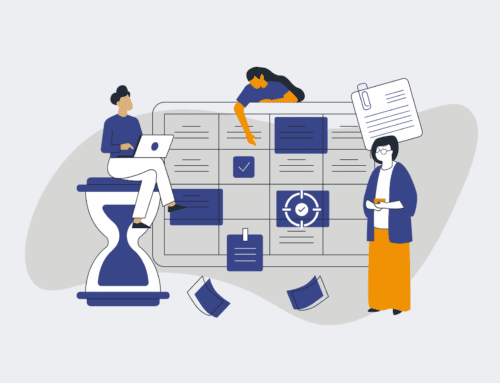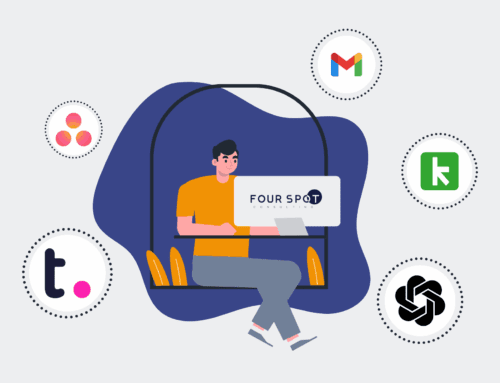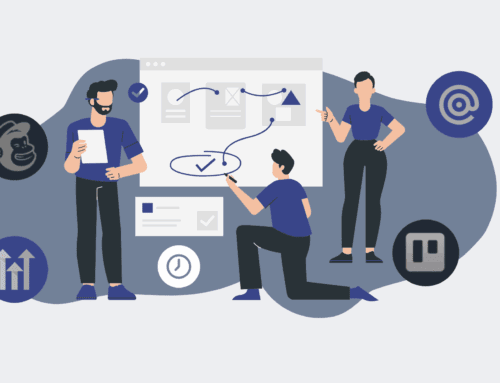Top HR Tech Firms Unveil Next-Gen AI Onboarding Solutions: What to Watch
The first few weeks for a new hire are arguably the most critical period in their entire employment journey. It’s when impressions are formed, culture is absorbed, and foundations are laid for future productivity. Yet, traditional onboarding often devolves into a labyrinth of paperwork, generic orientations, and fragmented processes, leaving new employees feeling overwhelmed and disconnected. This inefficiency isn’t just an administrative headache; it’s a costly drain on resources, impacting everything from time-to-productivity to talent retention. Recognizing this pervasive challenge, top HR tech firms are now unveiling a new generation of AI-powered onboarding solutions, promising to redefine how organizations welcome and integrate talent. For business leaders, understanding these advancements and their implications is no longer optional – it’s a strategic imperative.
Beyond Basic Automation: The Core of Next-Gen AI Onboarding
For years, “onboarding automation” often meant digitizing forms or sending automated welcome emails. While a step in the right direction, it lacked true intelligence and personalization. The “next-gen” solutions we’re seeing emerge go significantly further, leveraging sophisticated artificial intelligence to transform the entire new hire experience.
Personalized Journeys and Predictive Analytics
Imagine an onboarding process that intuitively adapts to each new hire’s role, department, location, and even their individual learning style. These new AI platforms are designed to do just that. They analyze data points to craft personalized onboarding paths, delivering relevant information, training modules, and introductions precisely when they’re needed. Beyond simple customization, predictive analytics can identify potential challenges before they arise, flagging new hires who might be at risk of disengagement and prompting HR teams to intervene proactively. This level of foresight can dramatically improve early-stage retention and accelerate an employee’s journey to full productivity.
Streamlined Compliance and Administrative Efficiency
AI’s strength in pattern recognition and rule-based processing is a game-changer for compliance. From verifying certifications to ensuring mandatory training completion and managing complex regulatory documents, AI-driven systems can handle these tasks with unparalleled accuracy and speed. This not only reduces the risk of human error and potential legal liabilities but also liberates HR teams from tedious, low-value administrative work. They can then pivot their focus to more strategic initiatives: fostering human connection, talent development, and cultivating a thriving company culture.
The Strategic Imperative: Why Businesses Must Pay Attention
The introduction of these advanced AI onboarding solutions isn’t merely a technological update; it represents a fundamental shift in how organizations can strategically manage their talent pipeline. For businesses aiming to secure a competitive edge in today’s dynamic labor market, understanding the nuances of this revolution is paramount.
Data Integrity and Seamless System Integration
One of the most critical aspects to watch is how these new AI tools integrate with existing HR ecosystems. An AI onboarding solution, however brilliant, is only as effective as the data it accesses and the systems it connects to. Organizations must prioritize solutions that offer robust APIs and seamless integration capabilities with HRIS, payroll, CRM, and learning management systems. Without a single source of truth for employee data, the benefits of AI can quickly diminish, leading to data silos, inconsistencies, and ultimately, a fractured employee experience. This is where a strategic, architectural approach to integrating disparate systems becomes invaluable, ensuring that AI-driven insights are accurate and actionable across the entire enterprise.
Ethical AI and the Human Element
As AI plays a larger role in such a human-centric process, ethical considerations rise to the forefront. Businesses must scrutinize these solutions for potential biases in algorithms and ensure transparent data usage policies. Moreover, the goal of AI onboarding should always be to augment, not diminish, human connection. The best systems will automate the mundane, allowing HR professionals and managers more time for meaningful interactions, mentorship, and relationship building. The “onboarding buddy” or manager check-ins are more critical than ever, now enhanced by AI providing the context and time to make those interactions truly impactful.
Navigating the Future of Onboarding: A Strategic Approach
For business leaders, the excitement around next-gen AI onboarding should be tempered with a strategic, outcomes-focused approach. Don’t chase technology for technology’s sake. Instead, begin by clearly defining your onboarding challenges, desired outcomes (e.g., reduced time-to-productivity, lower turnover, higher employee engagement), and current system limitations. Look for solutions that offer demonstrable ROI and align with your broader talent strategy. The future of onboarding is intelligent, personalized, and efficient, but its true power lies in how thoughtfully it’s implemented to support your people and your business objectives.
The top HR tech firms are showing us a glimpse into a future where every new hire feels valued, supported, and ready to contribute from day one. By paying close attention to these developments and embracing a strategic, integration-first mindset, organizations can unlock unprecedented levels of HR excellence and new-hire success.
If you would like to read more, we recommend this article: The Intelligent Onboarding Revolution: How AI Drives HR Excellence and New-Hire Success









